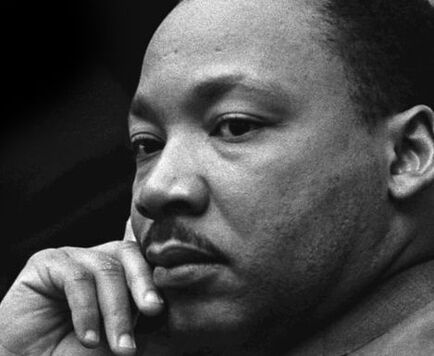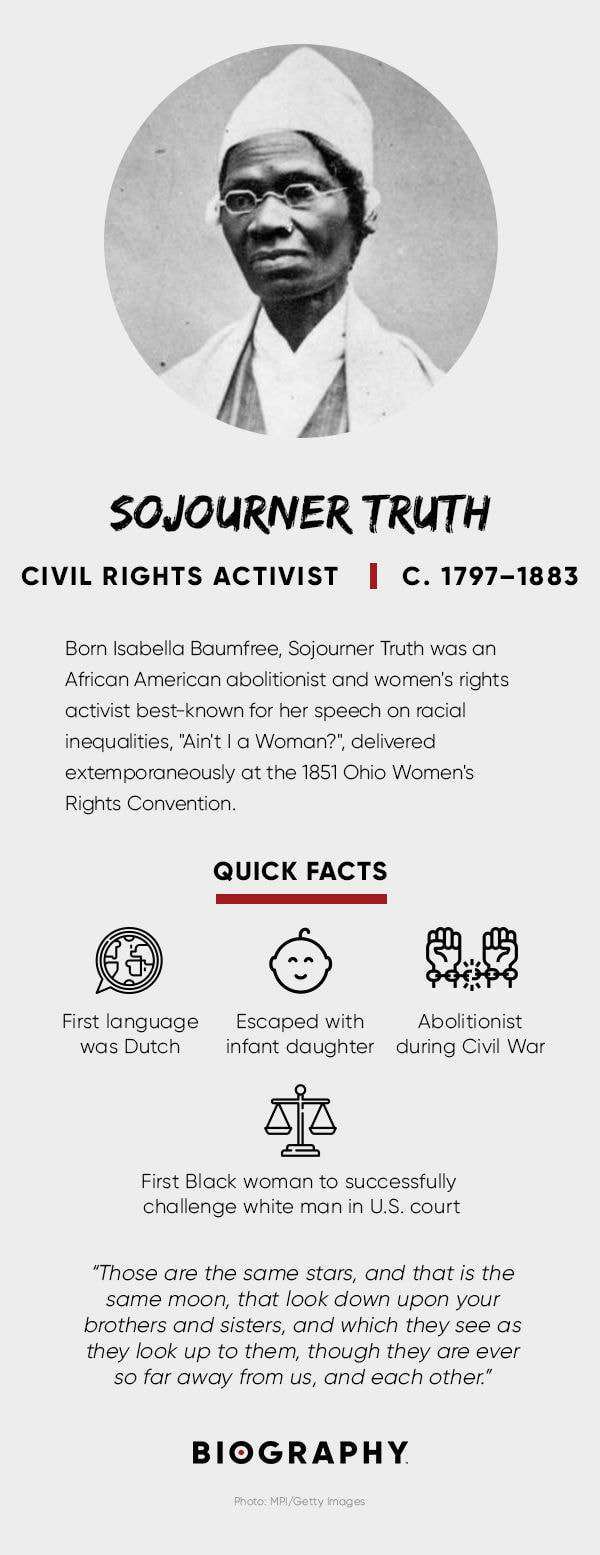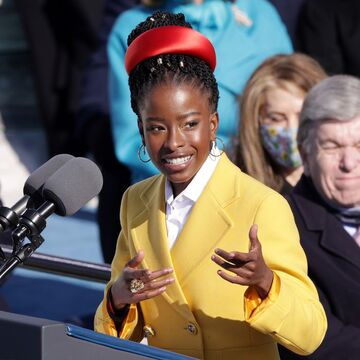Social Harmony through Education
Syrendell is banking on kindness as the solution to social problems plaguing our nation's institutions. Cut through the complexities of the systems of justice, government, and business, and at the core is the human to human exchange of thoughts, words, and actions. If those thoughts were of hate for the other, if those words were of shaming and degrading the other, if those actions were of harmful intent for the other, then the systems we build will be inherently unjust and unfair.
Now, if those thoughts, words, and actions were of kindness for each other, imagine the systems we can all create. Imagine how we can dismantle and reform unjust, broken systems with simple kindness. Together, through educating children and adults, we create a world of social harmony. Join us in our Pledge to Kindness.
Syrendell is banking on kindness as the solution to social problems plaguing our nation's institutions. Cut through the complexities of the systems of justice, government, and business, and at the core is the human to human exchange of thoughts, words, and actions. If those thoughts were of hate for the other, if those words were of shaming and degrading the other, if those actions were of harmful intent for the other, then the systems we build will be inherently unjust and unfair.
Now, if those thoughts, words, and actions were of kindness for each other, imagine the systems we can all create. Imagine how we can dismantle and reform unjust, broken systems with simple kindness. Together, through educating children and adults, we create a world of social harmony. Join us in our Pledge to Kindness.
There is no need for temples, no need for complicated philosophies. My brain and my heart are my temples; my philosophy is kindness.
-- Dalai Lama
-- Dalai Lama
Pledge to Kindness
- To Engage in Learning | We incorporate the values of equality, freedom, and compassion in all our teaching and instructional platforms for staff, students, and community, so we may demonstrate kindness and understanding.
- To Cultivate a Safe Sanctuary | We foster a kind and caring environment that is safe, judgement-free, and protected, holding ourselves responsible for honoring all as unique individuals.
- To Advocate for Diversity | We cultivate a company culture that embraces people of all color, faiths, gender, partnerships, experiences, and capacities within our company, with our students and clients, and with businesses we work with.
- To Be Accountable | We are vigilant in analyzing our processes, examining our content, imagery, words, and actions to be aligned with our core commitment to kindness and social harmony.
|
|
Our brand of democracy is hard. But I can promise that a year from now, when I no longer hold this office, I'll be right there with you as a citizen - inspired by those voices of fairness and vision, of grit and good humor and kindness that have helped America travel so far.
-- Barack Obama |
Kindness is Learned
As educators, we understand the power of knowledge and embrace the role that children have in shaping a more just future. We ask that you join us in reading these resources and putting them into action with your children, whether you are a teacher, homeschooling parent, caregiver, or friend: “How to Talk to Kids About Race: Books and Resources That Can Help” by Olugbemisola Rhuday-Perkovich and “Not Sure How to Talk to Your Kids About Race? Here’s How to Start” by Ojus Patel. We hope that this can provide a starting point for our friends and followers.
Here are recommended reading for you and the children. Click on the book covers to take you to Amazon to purchase your book!
ADULT
PICTURE BOOKS
MIDDLE GRADE
YOUNG ADULT
|
ABOUT THE WARMTH OF OTHER SUNS
In this epic, beautifully written masterwork, Pulitzer Prize–winning author Isabel Wilkerson chronicles one of the great untold stories of American history: the decades-long migration of black citizens who fled the South for northern and western cities, in search of a better life. “[A] deeply affecting, finely crafted and heroic book. . . .Wilkerson has taken on one of the most important demographic upheavals of the past century—a phenomenon whose dimensions and significance have eluded many a scholar—and told it through the lives of three people no one has ever heard of….This is narrative nonfiction, lyrical and tragic and fatalist. The story exposes; the story moves; the story ends. What Wilkerson urges, finally, isn’t argument at all; it’s compassion. Hush, and listen.” —Jill Lepore, The New Yorker Buy the book here! |
A Starting Point for Anti-Racist Awareness and Action
Kindness is learned. Racism is one issue that creates social disharmony, and for us to make a change, we need to educate ourselves and our children. This is a list compiled by Joey Tan, Inclusion Specialist for Tan Weddings & Events, and Elita McFadden, MA.
HISTORY & CONTEXT of RACISM
Historical Foundations of Race | Article
Smithsonian National Museum of African American History & Culture
“American society developed the notion of race early in its formation to justify its new economic system of capitalism, which depended on the institution of forced labor, especially the enslavement of African peoples. To more accurately understand how race and its counterpart, racism, are woven into the very fabric of American society, we must explore the history of how race, white privilege, and anti-blackness came to be.”
13th | Netflix/YouTube
Ava DuVernay
“Combining archival footage with testimony from activists and scholars, director Ava DuVernay's examination of the U.S. prison system looks at how the country's history of racial inequality drives the high rate of incarceration in America.”
Being Antiracist | Article
Smithsonian National Museum of African American History & Culture
“While individual choices are damaging, racist ideas in policy have a wide-spread impact by threatening the equity of our systems and the fairness of our institutions. To create an equal society, we must commit to making unbiased choices and being antiracist in all aspects of our lives.”
How to be an Antiracist | Video
Ibram X. Kendi
“‘The only way to undo racism is to consistently identify and describe it — and then dismantle it,’ writes professor Ibram X. Kendi. That is the essence of antiracism: the action that must follow both emotional and intellectual awareness of racism. Kendi sits down with journalist Jemele Hill to explore what an antiracist society might look like, how we can play an active role in building it, and what being an antiracist in your own context might mean..”
OPPRESSION, INTROSPECTION, & APPLICATION
Racial Healing Handbook | Handout
Anneliese A. Singh
“In so many ways, to heal from racism, you must re-educate yourself and unlearn the processes of racism. This book can help guide you.” This handout from the book serves as a brief antiracism primer for both white and non-Black people of color.
So You Wanna Talk About Race | eBook: $10.99
Ijeoma Oluo
“...Oluo guides readers of all races through subjects ranging from intersectionality and affirmative action to ‘model minorities’ in an attempt to make the seemingly impossible possible: honest conversations about race and racism, and how they infect almost every aspect of American life.”
The Book is Anti-Racist | eBook: $2.99
Tiffany Jewell
“Gain a deeper understanding of your anti-racist self as you progress through 20 chapters that spark introspection, reveal the origins of racism that we are still experiencing and give you the courage and power to undo it.”
Me and White Supremacy | eBook: $2.99
Layla F. Saad
“This eye-opening book challenges you to do the essential work of unpacking your biases, and helps white people take action and dismantle the privilege within themselves so that you can stop (often unconsciously) inflicting damage on people of color, and in turn, help other white people do better, too.”
INSTITUTIONAL CHANGE
Continuum on Becoming an Anti-Racist, Multicultural Institution | PDF
Crossroads Ministry
A continuum that progressively highlights the institutional conditions correlated with leading anti-racist change.
Here’s what I’m doing to build anti-racism into my business | Blog Post
Krista Walsh
“I believe small businesses will play a big role in our slow clambering out of our racist systems. Part of that is because single-person businesses like mine have the ability to change their structure, their decisions, and their goals as quickly as a person can. So, as I work on unlearning racism in my personal life and interactions with the world, I want my business to transform alongside me.”
The Anti-racist Small Business Pledge | PDF
Rachel Rodgers
A five-point pledge to antiracism for small businesses.
Racial Justice at Work: What Can Businesses Do? | Virtual Panel
Fri, June 19, 2020, 9:30am - 10:30am PDT
Suffolk University
“What can and should businesses be doing to address racial injustice at this difficult time? What can be gained by acting swiftly, and what actions will have the most impact? What are the consequences of inaction by the business community? Join us and a panel of three Boston business leaders experienced in driving positive change around diversity and inclusion for this urgent discussion.”
Spotlight: Sojourner TruthWho Was Sojourner Truth?
Sojourner Truth was an African American abolitionist and women's rights activist best-known for her speech on racial inequalities, "Ain't I a Woman?", delivered extemporaneously in 1851 at the Ohio Women's Rights Convention. Truth was born into slavery but escaped with her infant daughter to freedom in 1826. She devoted her life to the abolitionist cause and helped to recruit Black troops for the Union Army. Although Truth began her career as an abolitionist, the reform causes she sponsored were broad and varied, including prison reform, property rights and universal suffrage. Family Historians estimate that Truth (born Isabella Baumfree) was likely born around 1797 in the town of Swartekill, in Ulster County, New York. However, Truth's date of birth was not recorded, as was typical of children born into slavery. Truth was one of as many as 12 children born to James and Elizabeth Baumfree. Her father, James Baumfree, was a slave captured in modern-day Ghana. Her mother, Elizabeth Baumfree, also known as Mau-Mau Bet, was the daughter of slaves from Guinea. Early Life as a Slave The Baumfree family was owned by Colonel Hardenbergh, and lived at the colonel's estate in Esopus, New York, 95 miles north of New York City. The area had once been under Dutch control, and both the Baumfrees and the Hardenbaughs spoke Dutch in their daily lives. After the colonel's death, ownership of the Baumfrees passed to his son, Charles. The Baumfrees were separated after the death of Charles Hardenbergh in 1806. The 9-year-old Truth, known as "Belle" at the time, was sold at an auction with a flock of sheep for $100. Her new owner was a man named John Neely, whom Truth remembered as harsh and violent. Read the entire article here. |

The function of education is to teach one to think intensively and to think critically. Intelligence plus character - that is the goal of true education.
-- Martin Luther King, Jr
Martin Luther King, Jr's words continue to inspire us - the quote above is one particulary poignant for us as educators. For leaders fighting for social justice, those words fuel action. Crystal Echo Hawk, founder and exectuvie director of a Native-led non-profit group, gleaned from Dr. King that racial injustice is perpetrated through "false origin myths" of our nation, and inaccurate portrayals of people of color.
Echo Hawk says, "To create a just world, all people of every race, ethnicity, sexuality, gender expression, and age, must stand together and tell truthful stories about our past and hopeful stories about our future."
Read this article by Nicole Chavez, for CNN, on how Martin Luther King inspires many with his words. And their words inspire others, and inspire action towards that better future.
Echo Hawk says, "To create a just world, all people of every race, ethnicity, sexuality, gender expression, and age, must stand together and tell truthful stories about our past and hopeful stories about our future."
Read this article by Nicole Chavez, for CNN, on how Martin Luther King inspires many with his words. And their words inspire others, and inspire action towards that better future.
Where Can We Find Light? | Amanda Gorman | January 20, 2021
|
At Inauguration Day 2021, a historical one in many ways, one of the voices we all heard was from a 22 year old named Amanda Gorman, National Youth Poet Laureate. She is the youngest poet to take the stage at a presidential inauguration. Her words were moving, made even more so by her presence, her vitality, her authenticity.
If you can believe in a future that is filled with light, light from inside all of us, then you will understand where Amanda Gorman was speaking from, and we can all join her, Joe Biden and Kamala Harris to really unite this country in the spirit of love and light. Here is a transcript of her poem, The Hill We Climb: |



















